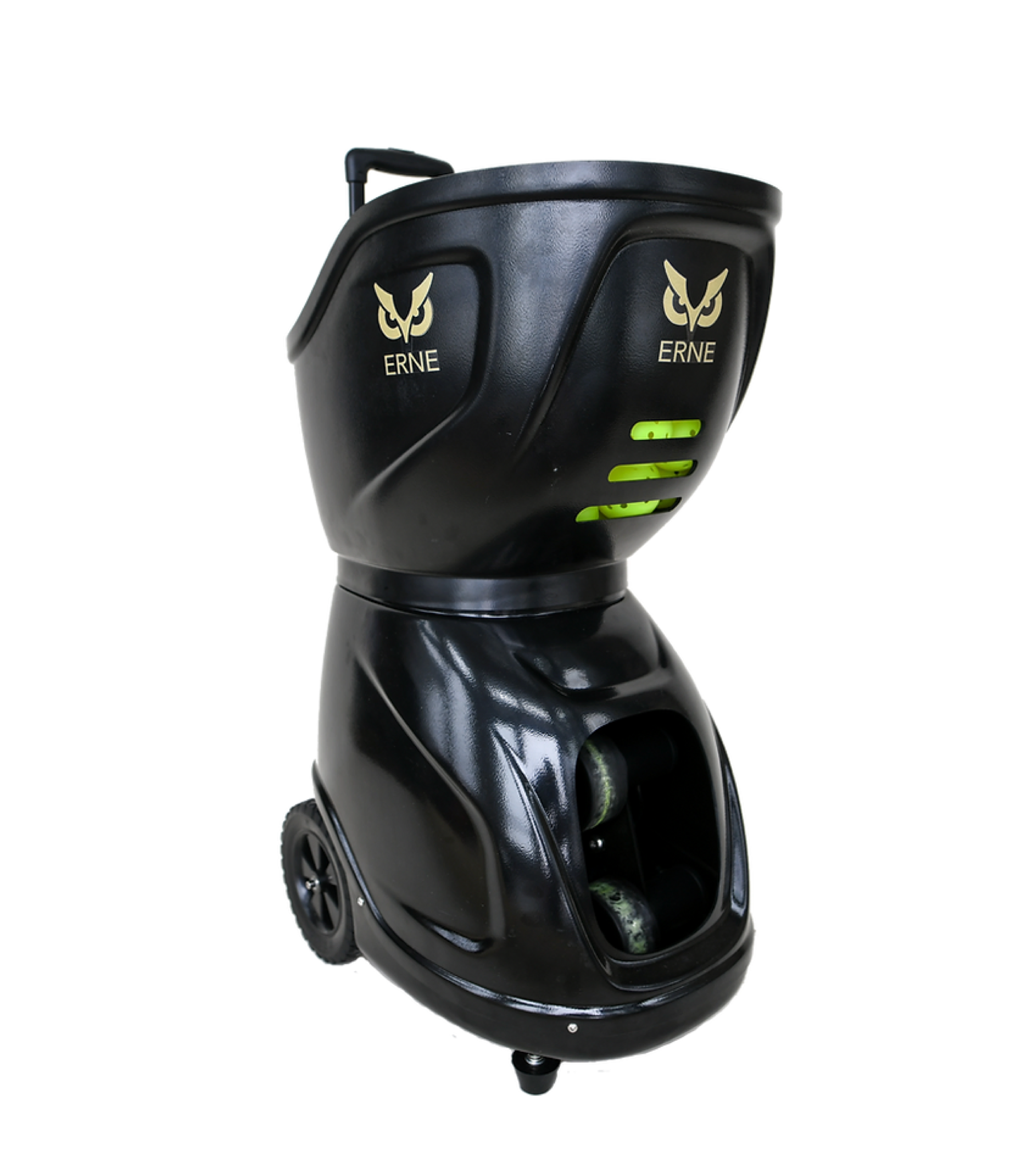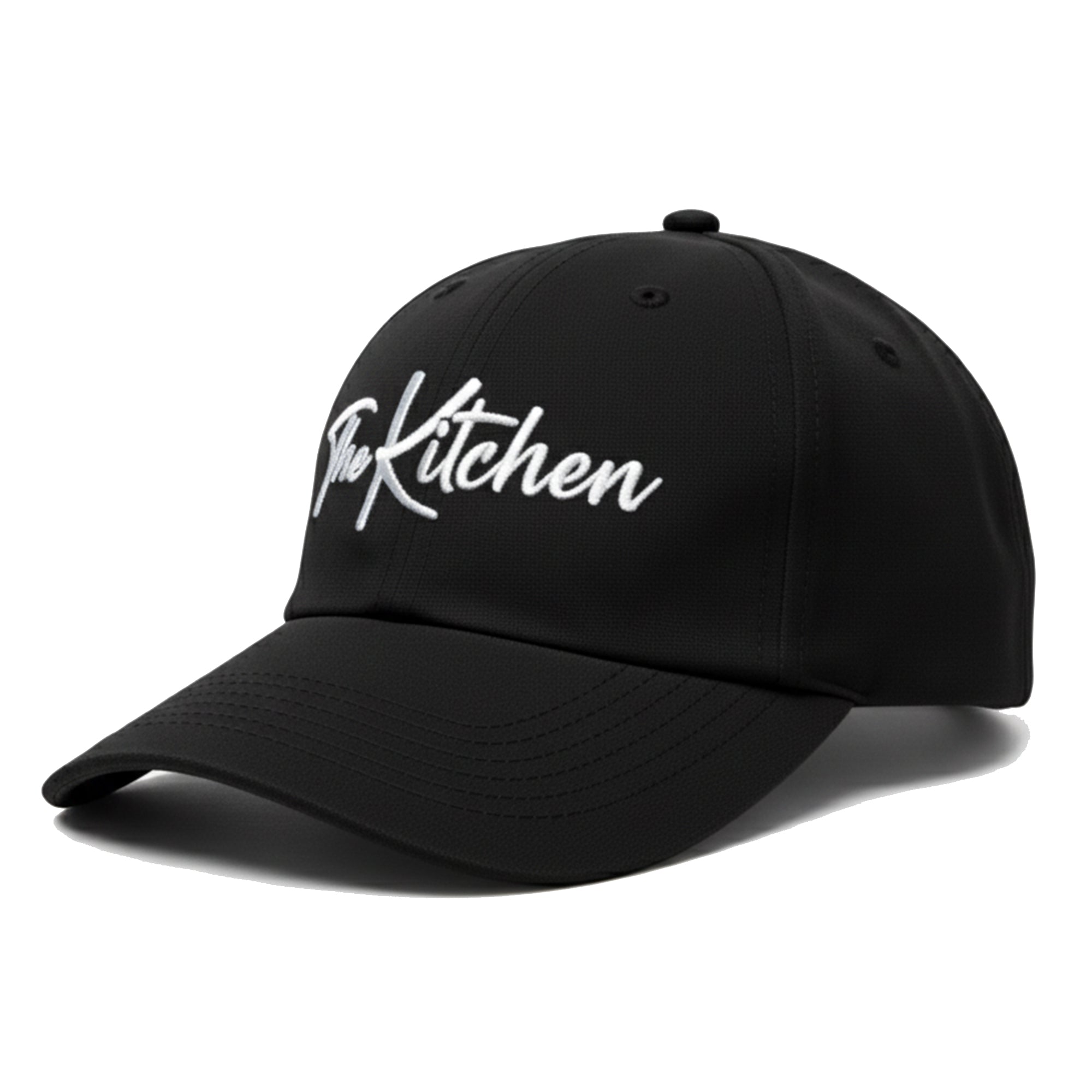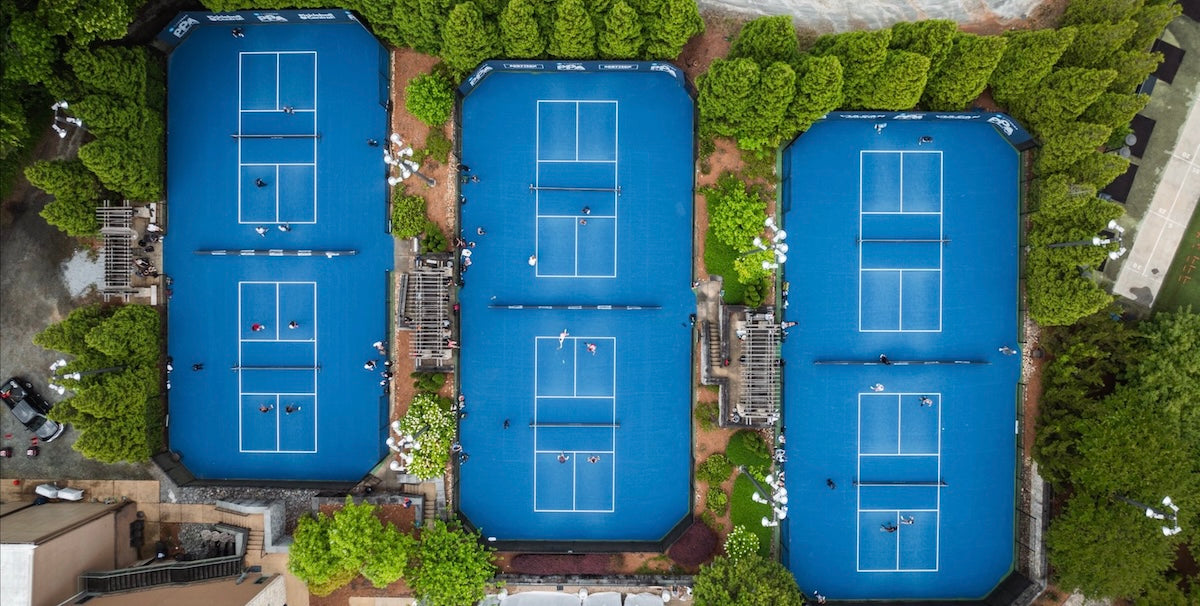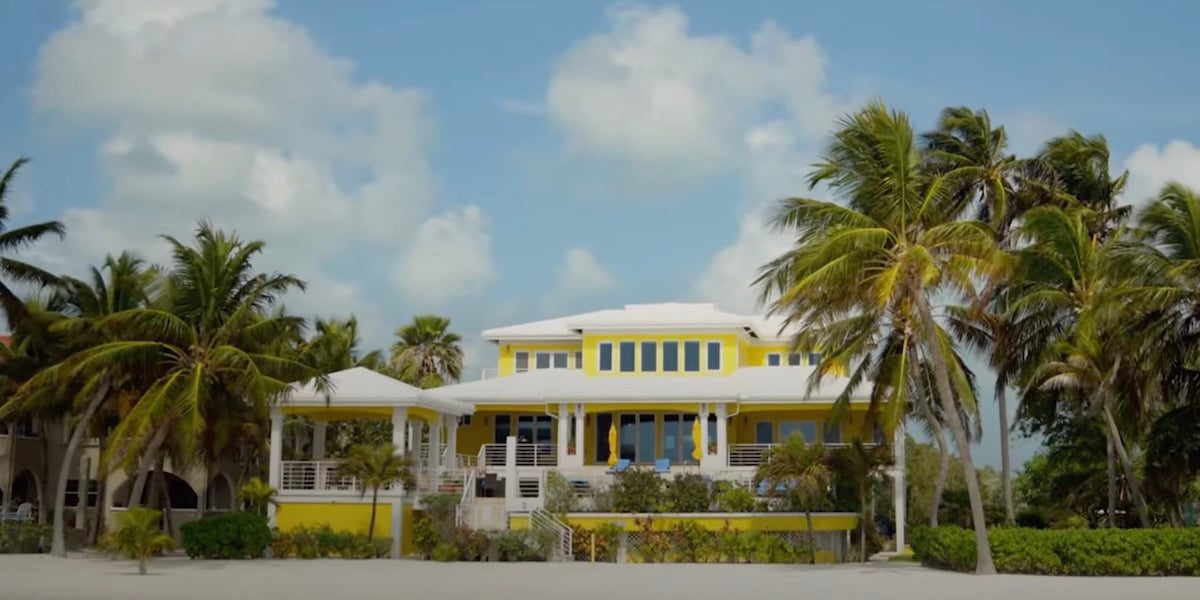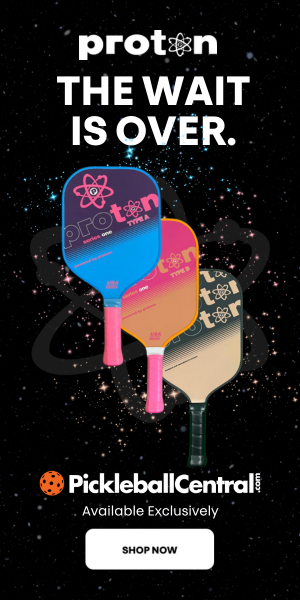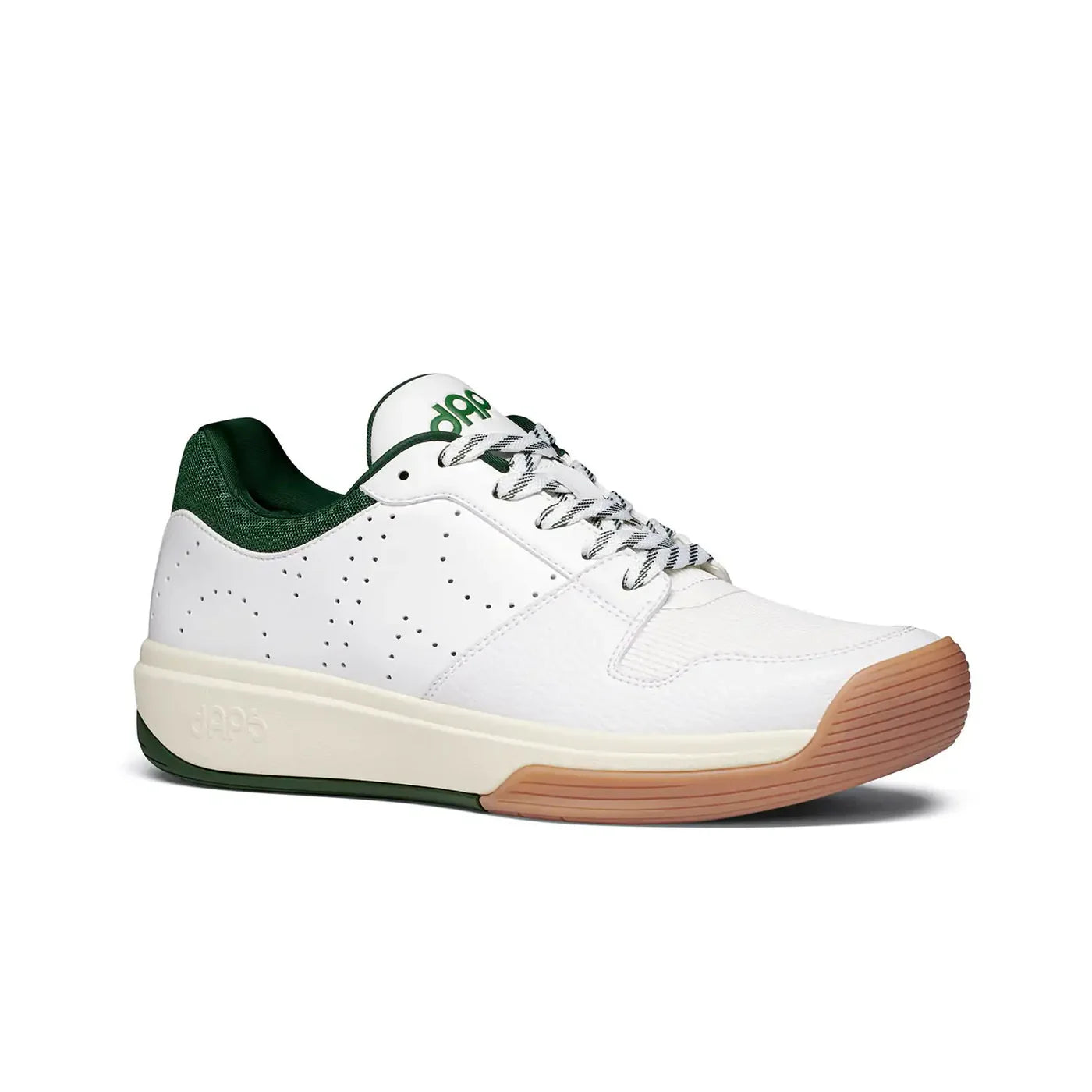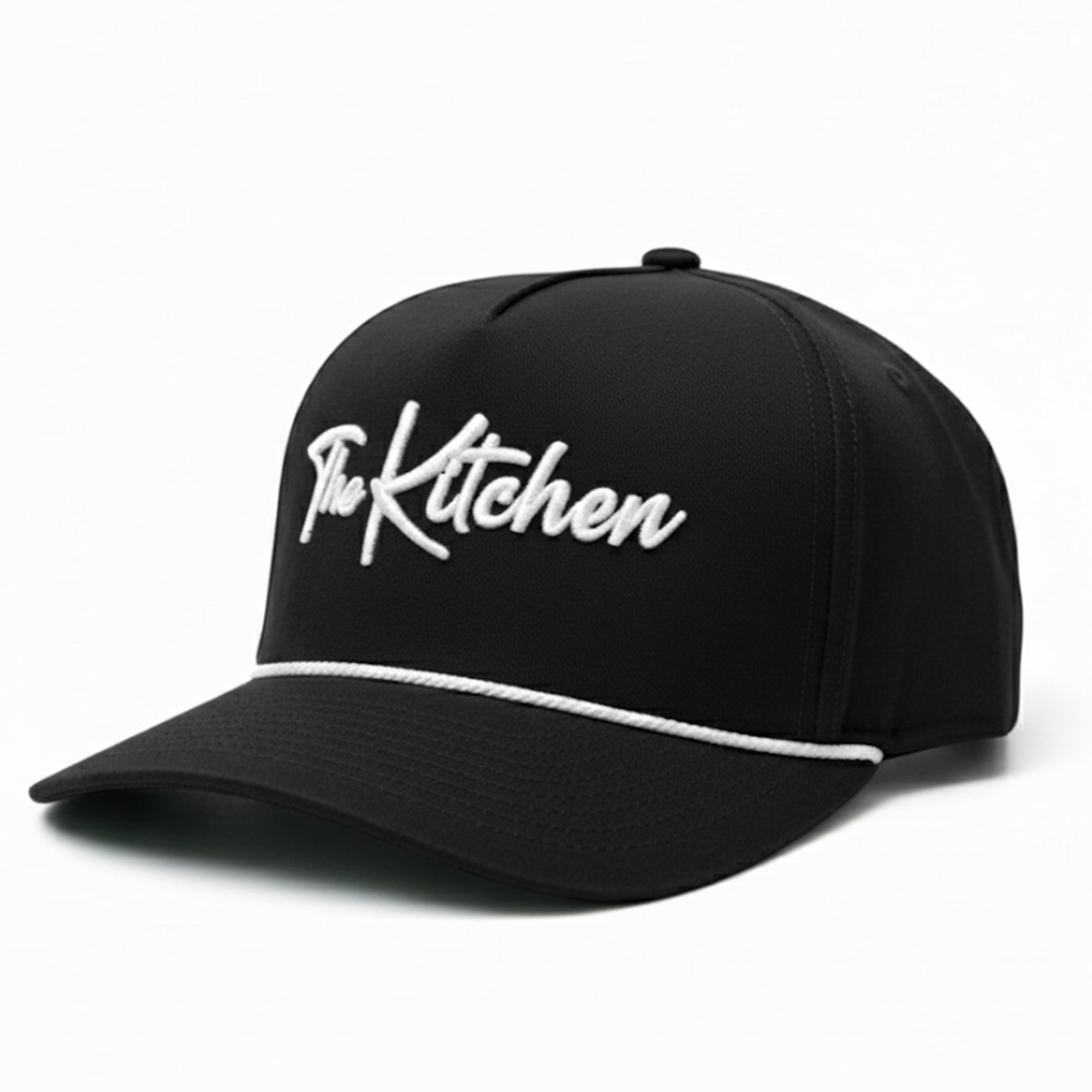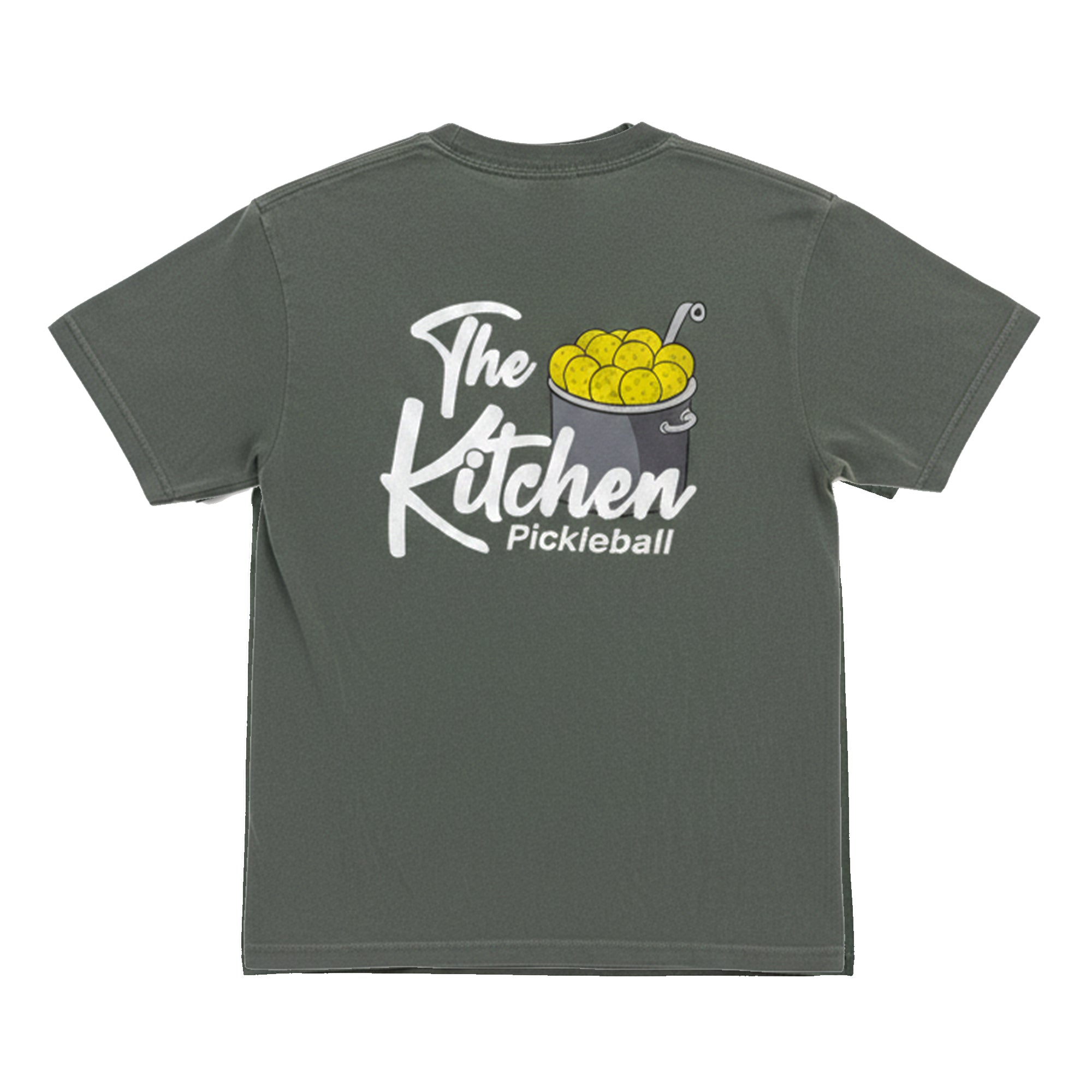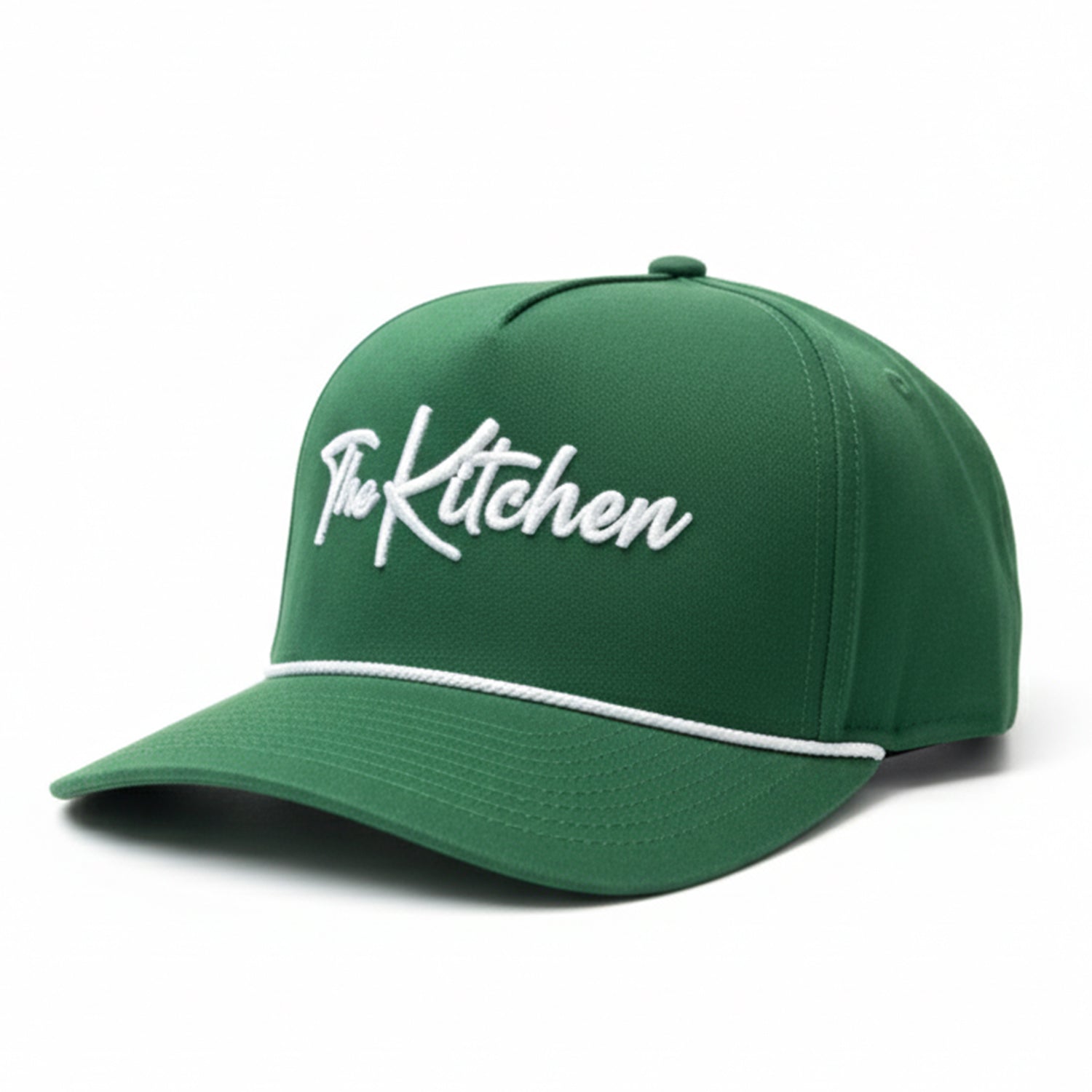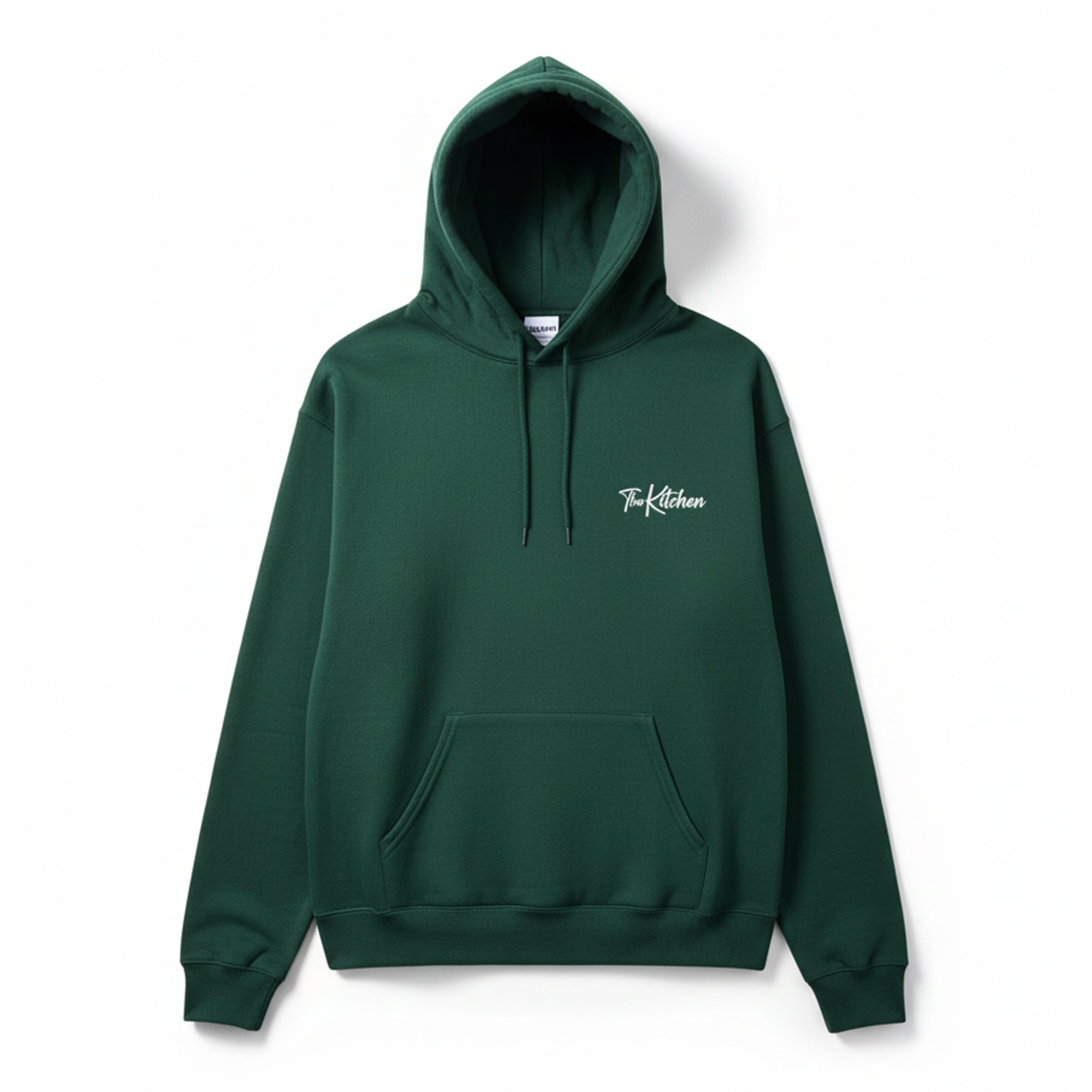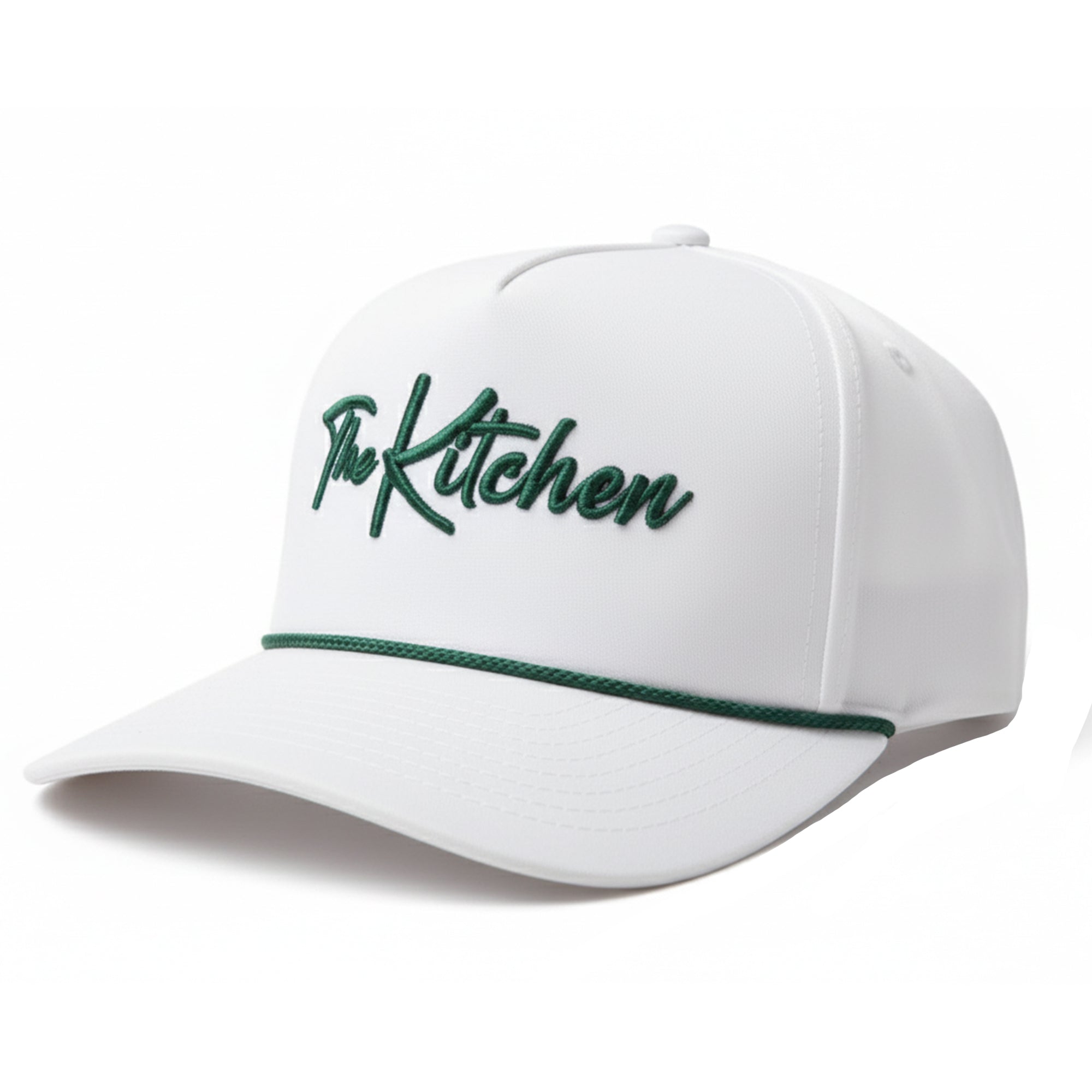Pickleball Stories: Deaf Player Experiences the Best Thing About The Sport
Last Edited
Jan 21 2025
Category
Community
There are 50 million of us: 50 million people who have played pickleball in the last 12 months. And that’s just in America - pickleball is the fastest growing sport in the world. But why?
Not the best name if I am being honest. It doesn’t really explain the game and sounds pretty silly. The game is not incredibly unique, borrowing from tennis, badminton, and ping pong. And the noise isn’t exactly an asset.
So why has pickleball become so popular?
There are some theories on this.
Sociability: The size of the court, about a quarter of the size of tennis and the propensity for doubles contributes to a very social experience. Being in such close proximity to one another forces us to engage with one another.
Open Play: The ability to find a game at any time at your local park is magical. Open play allowed the sport to grow as everyone who was interested in playing could simply show up.
In the Zone: The fast pace of the game forces us to focus intently on the ball. Firefights at the kitchen line, just 14 feet away from one another, can be incredibly quick. We are so focused and locked into the moment at hand, we tend to come out of these moments slightly disoriented, forgetting the score or who’s serve it is.
Addiction: These firefights and fast pace action release the same endorphins and create similar dopamine hits that certain drugs produce. Pickleball is all natural, of course, but the desire to want more of this feeling is what keeps us coming back.
As the sport grows, there are more and more resources online to learn the rules, discover strategies, and be prepared to play before you have ever stepped on the court. This makes it much less intimidating to show up and give the game a shot.
Related: Pickleball and Soccer Share More Than You’d Think
There is something in the DNA of pickleball that encourages kindness and promotes the acceptance of others. This “DNA” becomes passed on from player to player as they continue on their pickleball journey.
Beginners being welcomed by veteran players almost as a right of passage, who in turn, pass this kindness on as these beginners eventually become the veterans for a new wave of newbies entering the sport.
But the magic of this sport, regardless of the reason why the magic happens, is the people. We are a community, speaking our own language (zero-zero-two, Erne, ATP, on the one, one more game, sorry not sorry, etc…).
But it is the bond we forge when we step on the court that makes this sport so special. Whether this bond is with your significant other, a sibling, a parent, a child, or with the unlikeliest of partners that creates the magic.
Since we started The Kitchen, we have heard so many amazing, life changing stories about how pickleball has made a positive impact for so many of us.
We thought we would provide a platform for members of The Kitchen community to tell their story and a share some of the remarkable ways pickleball is connecting us all.
Send us an email here to submit your own pickleball story.
This Week: Billy Mauldin, Deaf Pickleball Leader
Hello! My name is Billy Mauldin, a pickleball addict who just happens to be deaf. A question was posed recently about how pickleball has impacted your life, and I wanted to contribute my story.
The minute I picked up a pickleball paddle and hit my first ball, I fell in love. Naturally, I was hitting the ball all over the place and trying to figure out how to keep score at first.
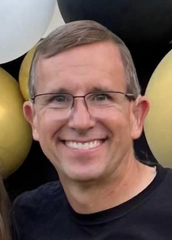
After playing a few games, I started to see how strategic and fun this game was, and I never looked back.
I grew up playing common team sports like soccer, basketball and baseball. Soccer was my first love, but it takes a toll on the body as you get older.
Pickleball was the first sport that fed my competitive need while simultaneously providing me lifelong friendships with hearing people.
I was not only accepted as a player, but I was also genuinely welcomed on the court.
I was invited by people of all kinds to play the game, but I was also invited to grab a bite to eat after and connect as fellow pickleball addicts.
I’ve attended birthday parties, had a beer after the infamous “just one more,” and celebrated grand openings of new businesses because of this sport.
Identifying why pickleball has been so different isn’t an easy thing to pinpoint, but one key piece is how inclusive the community is.
For example, most players from my home courts know how to sign the score in American Sign Language.
It is pretty easy to pick up, and a poster hung up at our local courts reminds people how to sign numbers correctly.
People have started helping each other sign the score, and in fact, many hearing players have started using signed scores with each other when it’s too noisy to hear!
Another reason that I’ve fallen, and stayed in love with this sport, is the spirit of reciprocity in the community.
I was embraced as a new player with patience and grace while I learned the game, and I’ve had the chance to do the same for others.
Pickleball has allowed me to give back to the sport in ways that I never could with the other team sports I’ve played.
I was the assistant tournament director for the 2022 National Deaf PB tournament at the Villages in Florida.
We have an awesome organization called “Deaf Pickleball USA” and our numbers are growing rapidly.
The 2023 National Tournament was held in Gilbert, AZ and the next one will be at Dreamland in Dripping Springs, TX in November of 2024.
These tournaments provide hundreds of deaf players the chance to connect and compete. One of the most beautiful components is how everyone is welcome whether they picked up a paddle for the first-time ever or have a solid DUPR rating and have competed for years.
In addition, pickleball has provided me a platform that I wouldn’t have with other sports.
I am proud to be a sponsored athlete and a future pickleball instructor. Prolite has generously sponsored my competitive play, and I truly appreciate their commitment to inclusivity and people with disabilities in pickleball.
I count myself lucky to be living in Wisconsin, as I found Prolite here and have had the opportunity to take lessons from Zane Navratil and Dave Weinbach.
These awesome instructors provided insights about my game, but also about how to teach. I participated in a teaching clinic with Zane, John Cincola and Neil Mediratta to focus in on designing clinics that support a variety of players.
This experience, along with pursuing a PPR certification, will allow me to give back to the deaf community by teaching pickleball to those who are just picking up the sport.
My journey with pickleball hasn’t been a straight trajectory of growth.
I have experienced several setbacks in the short few years that I’ve been playing, and creativity saved my sanity.
The first was a bad fall that left me with four tears in the shoulder. I was sidelined for almost an entire year after that right shoulder surgery repair.
So, I taped a line on my garage wall and started dinking left-handed while recuperating. I got comfortable enough to play, and before I knew it, I was playing competitively left-handed which helped me see the court in a different way.
What impacted me most about this setback was how many friends reached out to see how I was doing. The friends I gained on the courts showed up when it mattered most, and when it wasn’t even about pickleball.
When I’m not on the court, you may find me balancing two different devices and watching YouTube and Pickleball TV simultaneously to study the latest strategy trends.
To say that pickleball is addicting is an understatement, as many of you know, but these are the reasons why this sport is so much more than just a sport.
Send us an email here to submit your own pickleball story.
